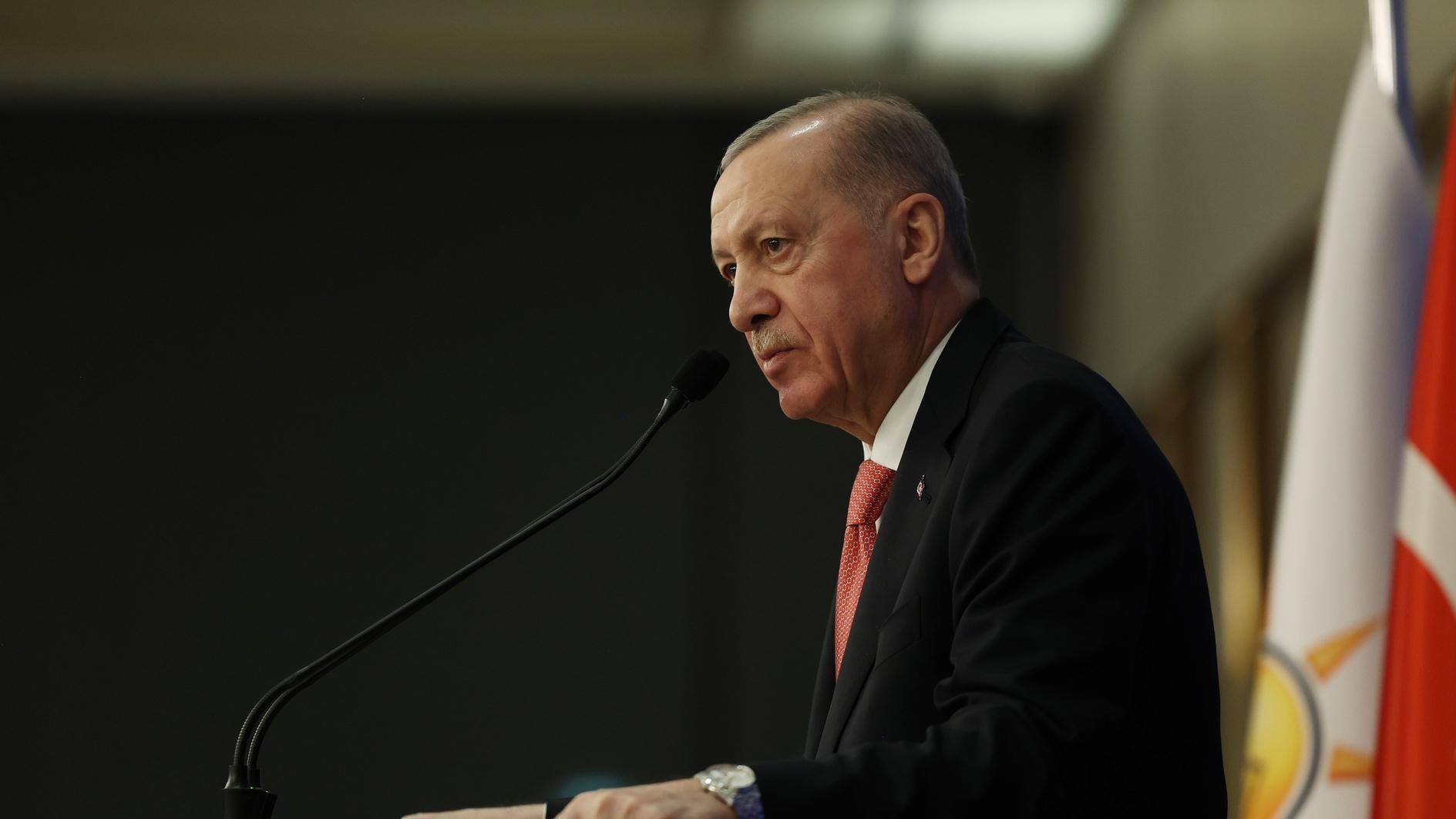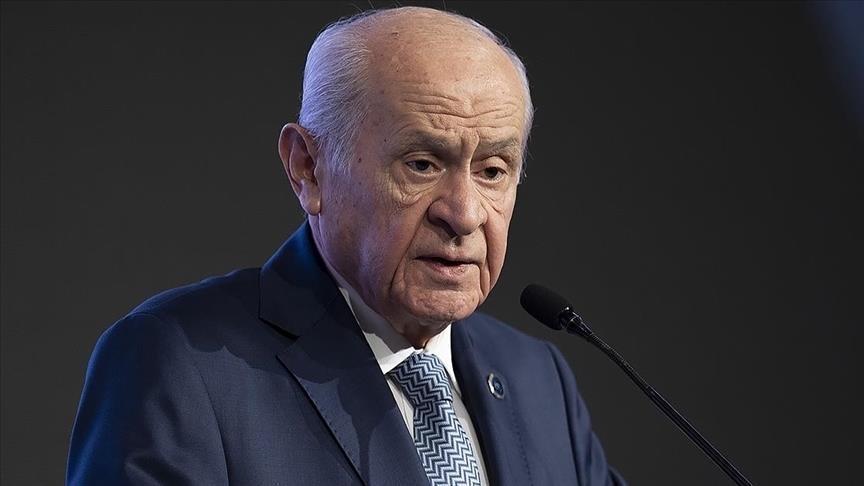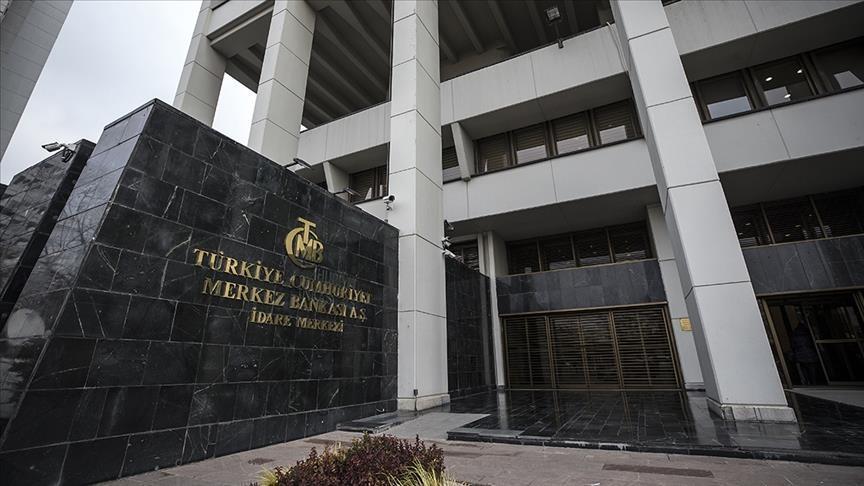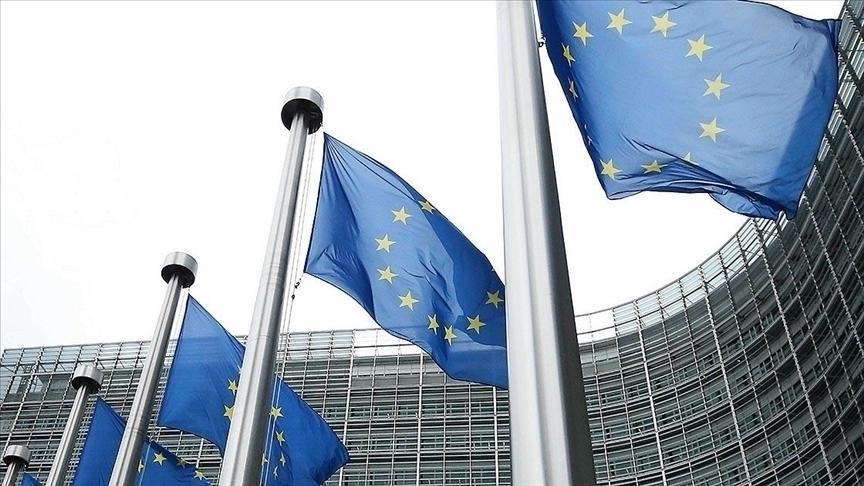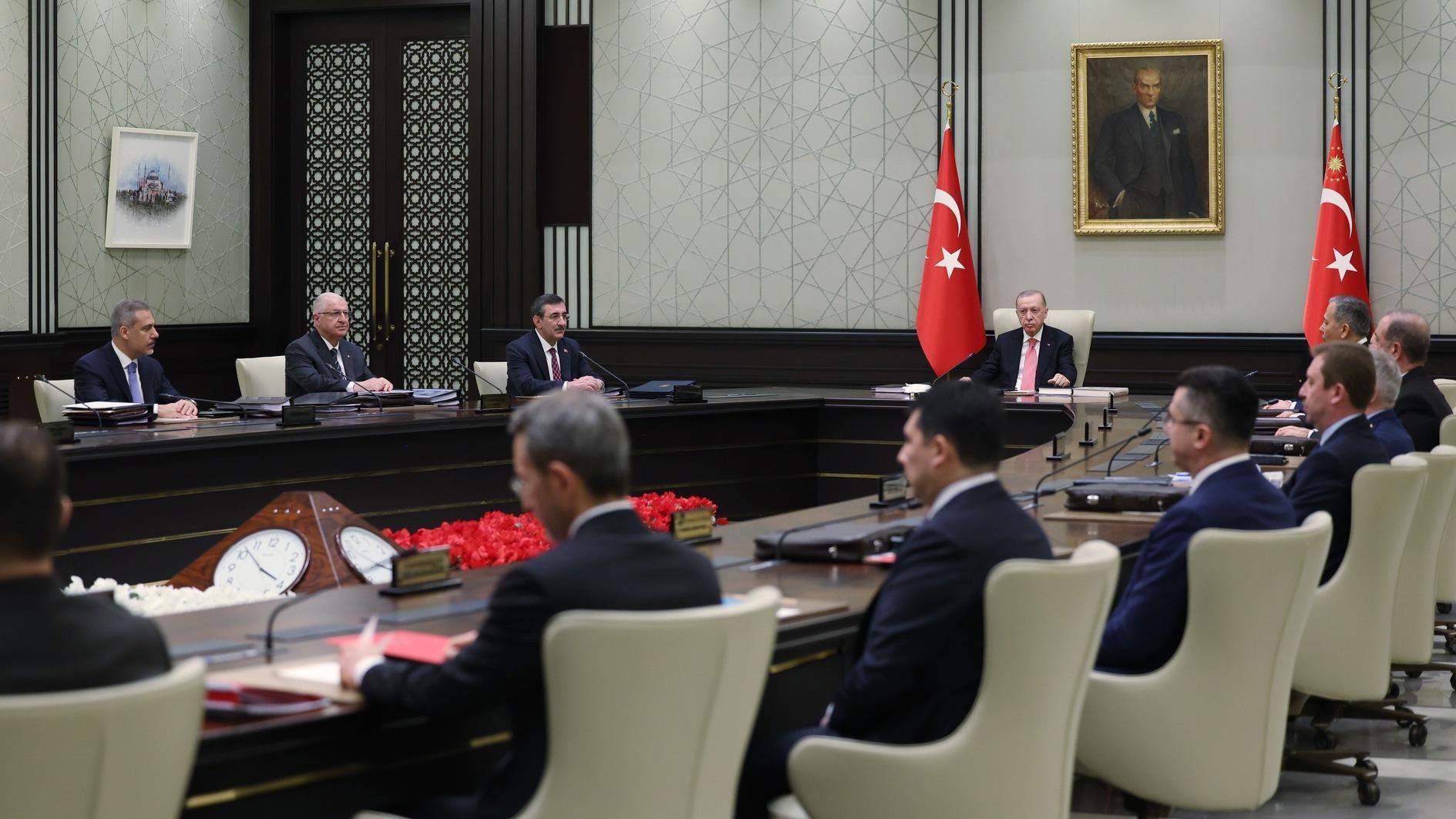Killing the perennial lies in the EU-Turkey relationship
In view of the stark realities of today, Turkey is a long way from securing full EU membership and both sides should explore down-to-earth and “win-win” strategies to avoid one crisis after another.
The debate over whether Turkey qualifies for EU membership, or whether, as a predominantly Muslim country, it will ever accept the rigors of the acquis communautaire, is a dangerous distraction. Yet, for the past 20 years or so since Turkey has been accepted as candidate for accession, several member states have consistently eroded the EU’s credibility by questioning Turkey’s capacity to reform to meet accession requirements.
The unfolding Brexit negotiations could yet chart a course for a closer, better defined and more honest relationship between Ankara and Brussels.
Whether that means membership in a loose, multi-speed EU, some sort of sui generis status or a bespoke treaty beyond the now outdated customs union depends on what the U.K. manages to secure over the next two years. Brexit has raised legitimate questions as to the future direction and geometry of the EU, and these questions also apply to Turkey.
One thing is beyond doubt: Of all the candidate countries, Turkey is by far the strongest economically, politically and militarily, with a vast cultural hinterland. It continues to be the victim of its size (second to Germany), double standards and prejudice, when compared to other candidate countries, but it must also accept criticism for unfulfilled commitments on economy and governance.
Turkey and the EU have a packed agenda in common: counter-terrorism, ending the war in Syria, managing migratory flows, maritime security and energy sustainability. A deepening of commercial ties, too, is long overdue. Turkey is rightly pressing for the modernization of the EU-Turkey customs union as a prelude to deeper economic integration and balancing of interests with Brussels.
This relationship has boundless possibilities, but it must be based foremost on honesty, pragmatism and acceptance, rather than false expectations, rhetoric and deception as we have experienced over the past decades. That requires tough decisions from European politicians used to obfuscating and demurring over Turkey’s relationship with the EU, as well as from Ankara, whose democracy remains fragile and whose economy requires greater flows of European finance, trade, investment and technology.
Turks deserve to know that if their country satisfies all the criteria, it will be able to join the EU as a first class member. But if some member states do not have, and indeed have never had, the intention to allow Turkey to join, the ongoing negotiations are based on a shameful lie. This lie should be killed once and for all by both parties in order to launch a more realistic path of integration.
The EU, as a values-based community, insists on high standards for all those aspiring to join. Turkey needs to take the EU’s expectations on human rights and governance seriously and draw back from confrontational language. Earning brownies in Turkish domestic politics should not come at the expense of European aspirations. But the EU has long been infected by an anti-Turkey lobby whose skepticism has curtailed Europe’s genuine engagement with and understanding of Turkey and its socio-political trajectory.
Given that the Ankara-Brussels relationship can no longer continue in its current form, upcoming meetings between the two sides should focus on what is possible now and how to achieve it. They must build a mutually beneficial and respectful relationship outside of the context of the painstakingly slow accession negotiations that poison the partnership and obscure meaningful progress.
Ascribing blame for the tension and mistrust that characterizes this relationship is futile. The challenge now is to find creative ways to continue towards integration, collaboration, convergence and common values, a path commenced more than half a century ago. Security, immigration, trade and investment, conflict resolution and energy security are the vital ingredients of this relationship. A discourse control mechanism should be implemented on both sides to avoid sparking fresh tension.
But in building this new perspective over the next few decades, Brussels can no longer continue its humiliation of Turkey by maintaining the carrot of membership, which has lost its attraction among Turks, when all some EU states and politicians want to do is beat Turkey with a stick without offering “win-win” propositions.
* Mehmet Öğütçü, a former Turkish and OECD diplomat, is chairman of the Global Resources Partnership, a U.K.-based boutique energy investment and geopolitical advisory consultancy.



